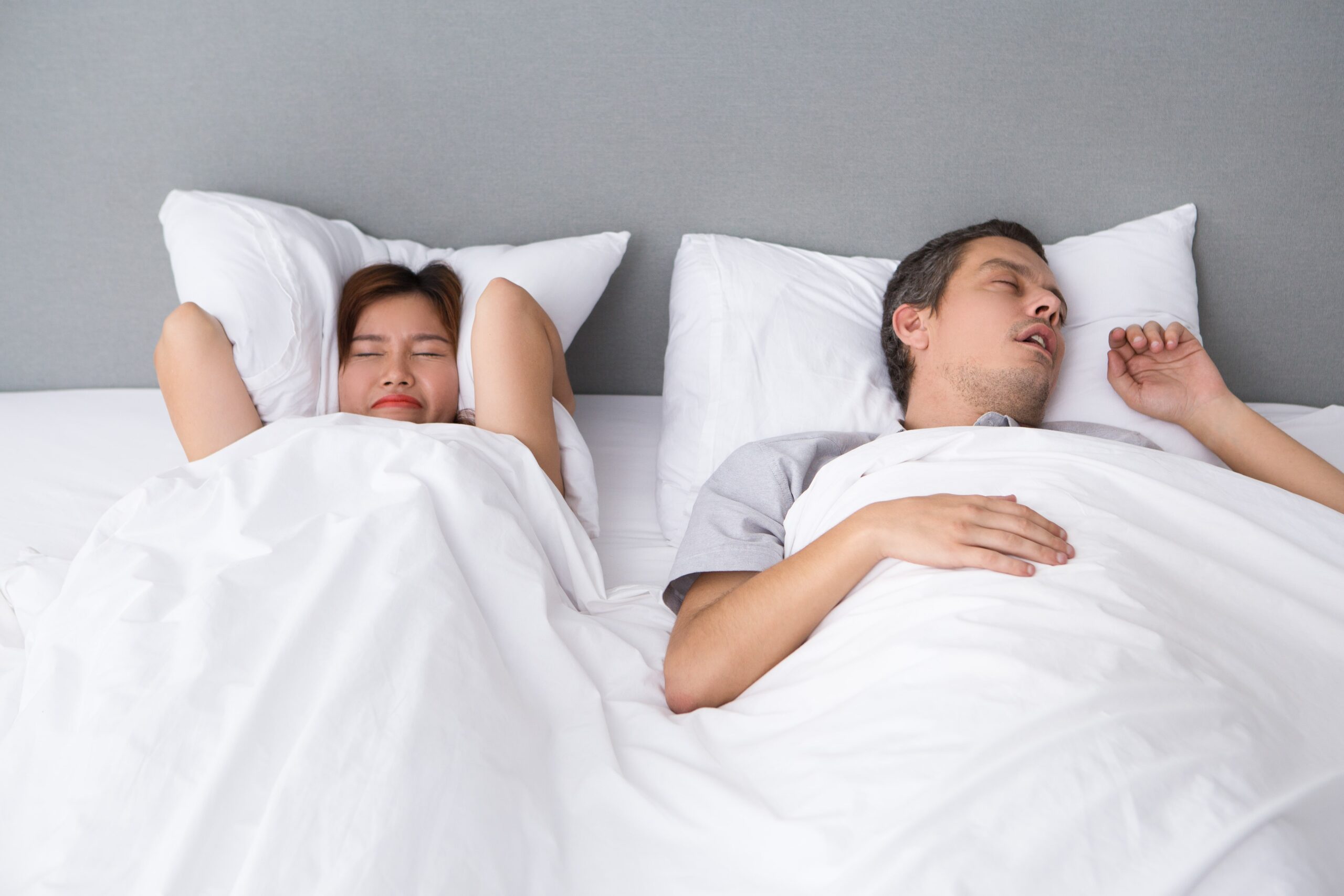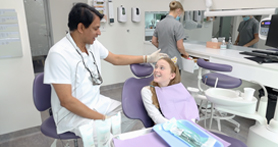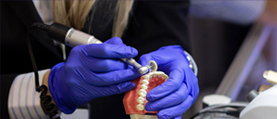Snoring and sleep apnea are common sleep disorders that can have a significant impact on both your quality of sleep and overall health.
While continuous positive airway pressure (CPAP) therapy is often the go-to treatment, dental solutions such as oral appliance therapy offer a comfortable and effective alternative.
In this blog post, we will delve into the world of oral appliance therapy and explore how these custom-made devices can help manage snoring and sleep apnea.
What Is Sleep Apnea?
Sleep apnea is a sleep disorder characterized by interrupted breathing during sleep. It is a condition where the airflow to the lungs is repeatedly disrupted, causing temporary pauses in breathing or shallow breaths. These pauses, known as apneas, can last for a few seconds to minutes and occur multiple times throughout the night.
There are three main types of sleep apnea:
- Obstructive Sleep Apnea (OSA): This is the most common form of sleep apnea. It occurs when the muscles in the back of the throat fail to keep the airway open. The soft tissues of the throat collapse during sleep, blocking the flow of air and causing pauses in breathing.
- Central Sleep Apnea (CSA): Central sleep apnea is less common and occurs when the brain fails to send proper signals to the muscles that control breathing. The airway is not blocked, but the brain does not initiate the necessary muscle movements to maintain regular breathing.
- Complex Sleep Apnea Syndrome (Mixed Sleep Apnea): This type of sleep apnea is a combination of both obstructive and central sleep apnea, where the individual exhibits symptoms of both conditions.
Sleep Apnea Symptoms
Sleep apnea can have various symptoms, including:
- Loud and chronic snoring
- Episodes of breathing cessation witnessed by a partner
- Excessive daytime sleepiness or fatigue
- Morning headaches
- Waking up with a dry mouth or sore throat
- Difficulty concentrating or poor memory
- Irritability and mood changes
- Decreased libido
- Restless sleep or insomnia
Untreated sleep apnea can lead to serious health complications, including high blood pressure, cardiovascular disease, stroke, diabetes, and daytime accidents due to excessive sleepiness.
Understanding Oral Appliance Therapy
Oral appliance therapy involves the use of custom-made dental devices, similar to mouthguards or orthodontic retainers, to treat snoring and sleep apnea. These appliances are designed to reposition the jaw and keep the airway open during sleep, promoting uninterrupted breathing and reducing the frequency and severity of snoring and apnea episodes.
How Oral Appliances Work
Oral appliances work by gently shifting the lower jaw forward, which helps prevent the collapse of the tongue and soft tissues in the throat. By maintaining an open airway, oral appliances improve airflow and alleviate snoring and sleep apnea symptoms. They are individually designed to fit your mouth and are adjustable to ensure optimal comfort and effectiveness.
Advantages of Oral Appliance Therapy
Oral appliance therapy offers several advantages for individuals with snoring and mild to moderate sleep apnea. Some benefits include:
- Comfort and Convenience: Oral appliances are compact, portable, and easy to use, making them convenient for travel and daily wear.
- Non-Invasive Alternative: Unlike CPAP therapy, which requires a mask and machine, oral appliances are non-invasive and do not restrict movement during sleep.
- Improved Compliance: Many individuals find oral appliances more comfortable and easier to adapt to, leading to higher patient compliance and long-term use.
- Enhanced Sleep Quality: By reducing snoring and apnea episodes, oral appliances can improve sleep quality and overall well-being.
Getting Fitted for an Oral Appliance
To obtain an oral appliance, you will need to visit a dentist experienced in dental sleep medicine. The process involves a comprehensive examination, including dental impressions, X-rays, and a discussion of your symptoms and medical history. The dentist will then customize an oral appliance to fit your mouth precisely. Follow-up visits will be scheduled to ensure the device’s proper fit and make any necessary adjustments.
Conclusion
Oral appliance therapy provides a valuable dental solution for managing snoring and sleep apnea. With their comfort, convenience, and effectiveness, oral appliances offer an alternative treatment option to traditional CPAP therapy.
If you struggle with snoring or mild to moderate sleep apnea, consult with a dentist experienced in dental sleep medicine to determine if oral appliance therapy is right for you. Take the first step toward improving your sleep quality and overall well-being with this dental solution.
Visit Bespoke Dental today!




